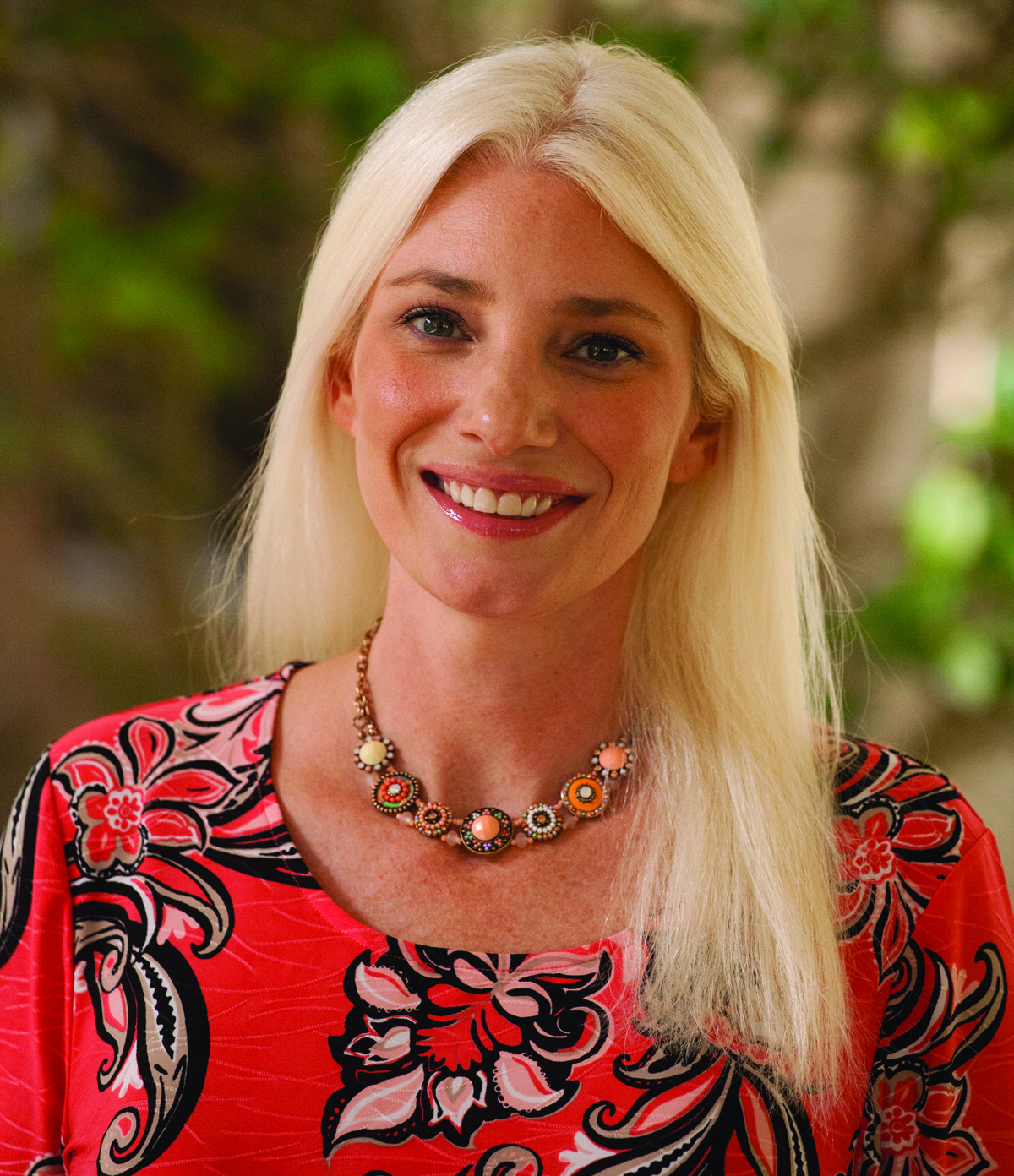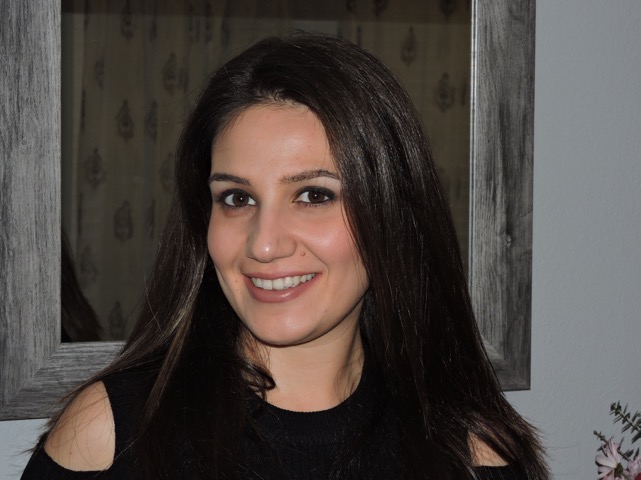by Jemma Elliot, MA, LMFT, LPCC, Co-Chair, Counseling Psychology Department
As Co-Chair of the Counseling Psychology Department at Pacifica, it is my joy to support our students as they navigate their education in our MA and PsyD Counseling Psychology Programs. Our program is unique and meaningful – a cauldron of ideas where incredibly diverse individuals, yet like-minded in spirit and focus, come together with an overarching goal to become helping professionals who impact the collective.
My path to a rich clinical and academic career began as a graduate of the MA Counseling Psychology Program myself. Like so many who come to Pacifica, I was always deeply called to be of service. As a survivor of 9/11 in Manhattan in 2001, I learned early in my adulthood about the textures of collective trauma and was propelled on a path to uncover healing ways of being with others. I decided to return to school to pursue an undergraduate degree specifically in Psychology, focusing my research on trauma, and then was led to graduate study at Pacifica, which allowed me to incorporate the tenets that felt most crucial in healing work to me – tenets inclusive of the whole organism, including, importantly, the unconscious.
Read More












